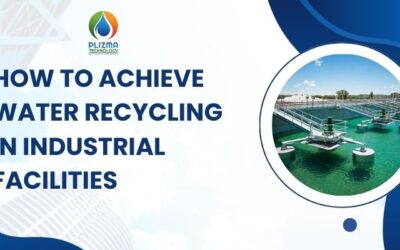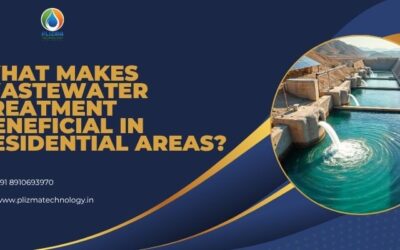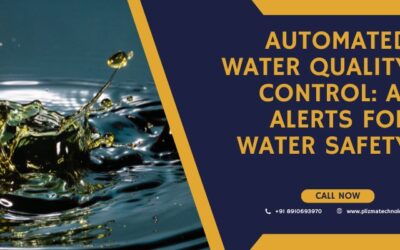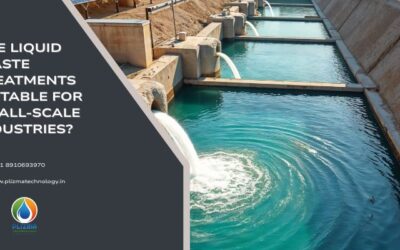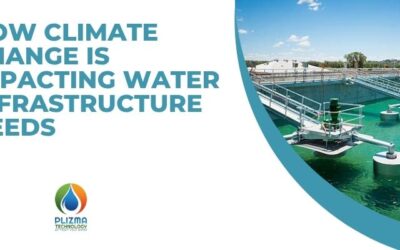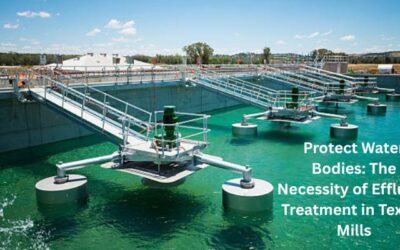How to Achieve Water Recycling in Industrial Facilities
Industrial water recycling saves on the use of freshwater, saves money, and boosts sustainability. Textile, manufacturing, food processing, and power industries conventionally consume massive quantities of water for cleaning, cooling, and other production processes....
What Makes Wastewater Treatment Beneficial in Residential Areas?
People living in densely populated areas usually come across the problems associated with contaminated water. It not only affects the health of people adversely, but also has a reverse effect in the environment. The combination of organic and inorganic wastes from...
Automated Water Quality Control: AI Alerts for Water Safety
Water is an essential resource for all living organisms. Its quality is crucial for human health, ecosystem balance, and economic development. However, the growing pollution levels and increasing industrial activities pose significant challenges to maintaining water...
Are Liquid Waste Treatments Suitable for Small-Scale Industries?
Liquid waste treatment or effluent treatment plants are crucial in controlling wastewater. These plants ensure natural consistency for a broader scope. But do you know how effluent treatment plants benefit small-scale enterprises? Let’s take a closer look at this...
How Climate Change is Impacting Water Infrastructure Needs
Climate change is destabilizing the world's water infrastructure, which is putting pressure on current infrastructure. Extreme storms and increased temperatures are putting water supply and treatment infrastructure under strain. Infrastructures constructed to service...
Protect Water Bodies: The Necessity of Effluent Treatment in Textile Mills
The textile industry is one of the most water-intensive industries and is also notorious for generating a large volume of wastewater. The toxic chemicals, dyes, and scraps that are released from textile mills are responsible for generating vast quantities of waste....

